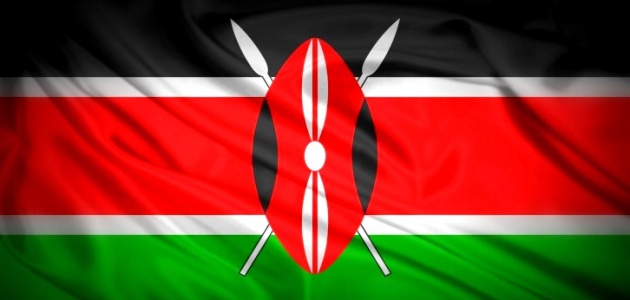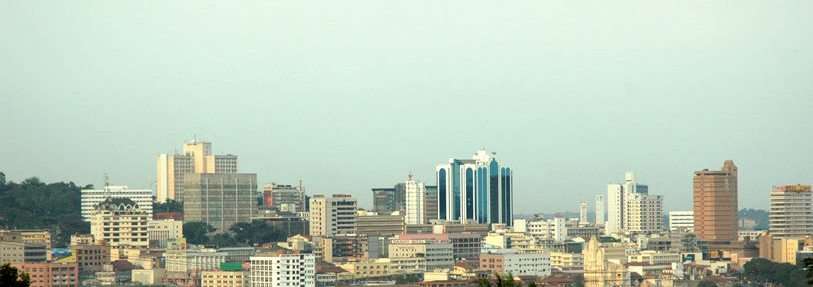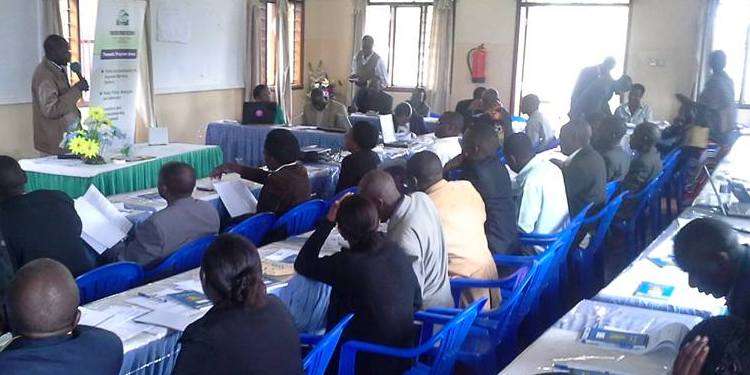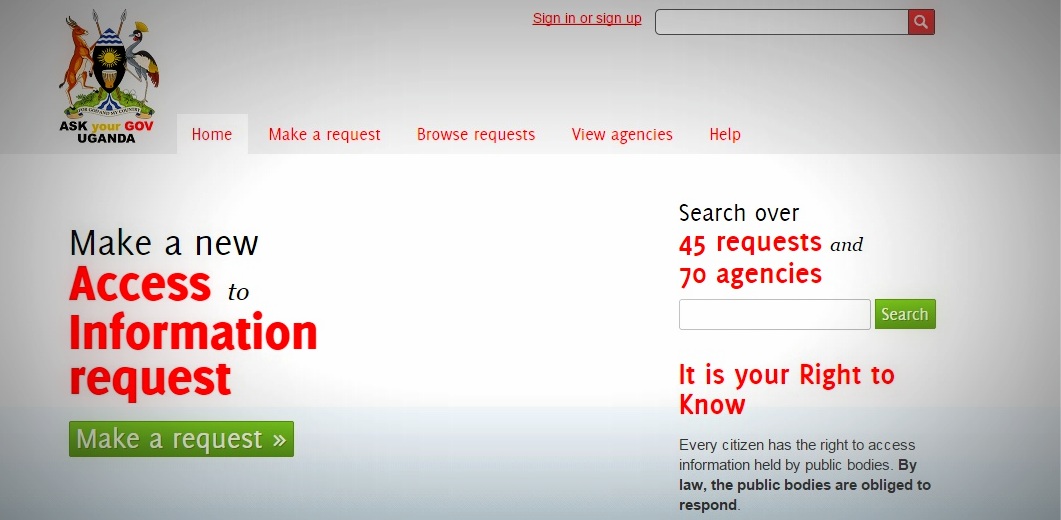By Juliet Nanfuka |
The beginning of 2016 has been marked with a series of arrests and summonses of individuals in Kenya as a result of content shared through social media platforms. Contrary to the constitutional right to freedom of expression, the incidents that relate to up to 10 individuals illustrate the Kenya Government’s continued use of vague legal provisions to stifle online content critical of the state or well-connected business people and high-ranking officials.
On January 22, news broke of an attack by Al-Shabaab militants on the Kenya Defence Forces at the El Adde camp in Somalia. The following day, journalist and blogger Yassin Juma was arrested over updates and pictures posted on social media relating to the attack. Juma was charged under Section 29 of the Kenya Information and Communications (KIC), 2013 for the improper use of a telecommunication system.
Section 29 of KIC on improper use of system states:
A person who by means of a licensed telecommunication system—
(a) sends a message or other matter that is grossly offensive or of an indecent, obscene or menacing character; or
(b) sends a message that he knows to be false for the purpose of causing annoyance, inconvenience or needless anxiety to another person, commits an offence and shall be liable on conviction to a fine not exceeding fifty thousand shillings, or to imprisonment for a term not exceeding three months, or to both.
On January 25, nine bloggers were summoned by the Directorate of Criminal Investigations (DCI) for questioning over alleged misuse of a licensed telecommunications system. According to DCI investigation officer John Kariuki, the nine bloggers were under investigations following undisclosed complaints made against them. “We have complaints and that is why we are investigating them. No one is targeting them wrongly,” said Kariuki.
In a statement condemning the arrests and intimidation of Kenyans online, the Bloggers Association of Kenya (BAKE) stated that the events were tantamount to “criminalization of civil matters” with users being arrested on charges that ultimately infringe upon freedom of expression. BAKE’s statement lists the arrest and detentions of the following:
- Anthony Njoroge Mburu (alias Waime Mburu) – arrested and charged for allegedly posting false information under Section 66(1) of the Penal code for content posted on Facebook accusing Kiambu Governor William Kabogo of importing substandard eggs. He is also alleged to have posted content intended to cause harm to Charlotte Wangui, who heads Sea Cross Farm in Kwale.
- Patrick Safari (alias Modern Corps), a prison warden – arrested for comments on the Al Shabaab attack. He spent a night in jail, and police retained his three phones and laptop after his release.
- Judith Akolo, a journalist with the Kenya Broadcasting Corporation (KBC) – summoned for questioning by the DCI for retweeting a post from Patrick Safari (@moderncorps) about a DCI advertisement of jobs within the department which was made public on deadline day (31st December 2015). Her phone was confiscated and her pin code requested. Eddy Reuben Illah – arrested for allegedly sharing images of Kenyan soldiers killed in an Al Shabaab attack on a WhatsApp group called “Youth People’s Union”. He was charged for the “misuse of a licenses telecommunication device”.
- Cyprian Nyakundi – arrested after tweeting about a construction company that was linked to Mombasa Governor Hassan Joho, in alleged violation of Section 29 of KIC Act on the “misuse of a licensed telecommunication device”.
- Elijah Kinyanjui – arrested for sharing a photo of a governor’s daughter on Whatsapp. He was also charged under Section 29 of KIC Act.
These arrests and summons add to a history of arrests made under laws marked by vague definitions and excessive powers granted to the state. The KIC (Amendment) Act, 2013 does not clearly define what constitutes content that causes “annoyance, inconvenience or needless anxiety to others,” while the Penal Code has no clear definition of a “rumour” or “report which is likely to cause fear and alarm to the public or to disturb the public peace.”
Further, the Security Laws (Amendment) Act, 2014 allows blanket admissibility in court of electronic messages and digital material regardless of whether it is not in its original form. Meanwhile, the Media Council Act, 2013 contains “broad” speech offences further reinforced by the Cybercrime and Computer related Crimes Bill, 2014.
Kenya’s technology sector is one of the fastest growing in Africa. The high internet penetration rate of 74% has bred a wave of citizen journalism which has flourished in the absence of the checks and balances present in traditional media and seeks to place social justice and accountability through ICT at the forefront of the country’s governance.
While these incidents in Kenya are the result of hate speech and rising terrorism fears, they are no doubt placing a chill on freedom of expression for citizens and the media and contributing to self-censorship for the fear of arrest.





